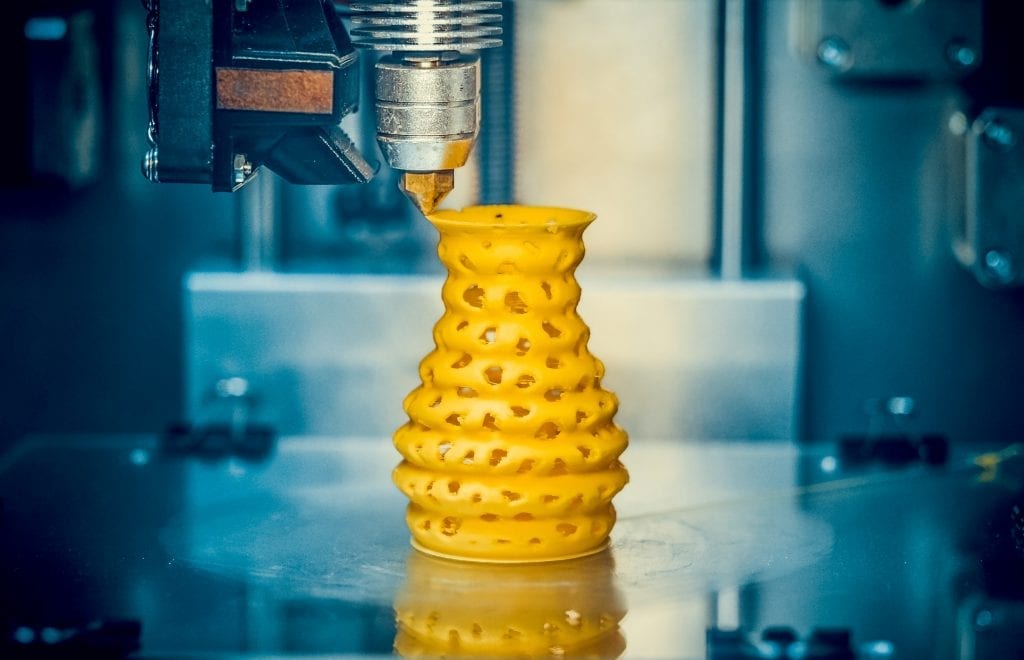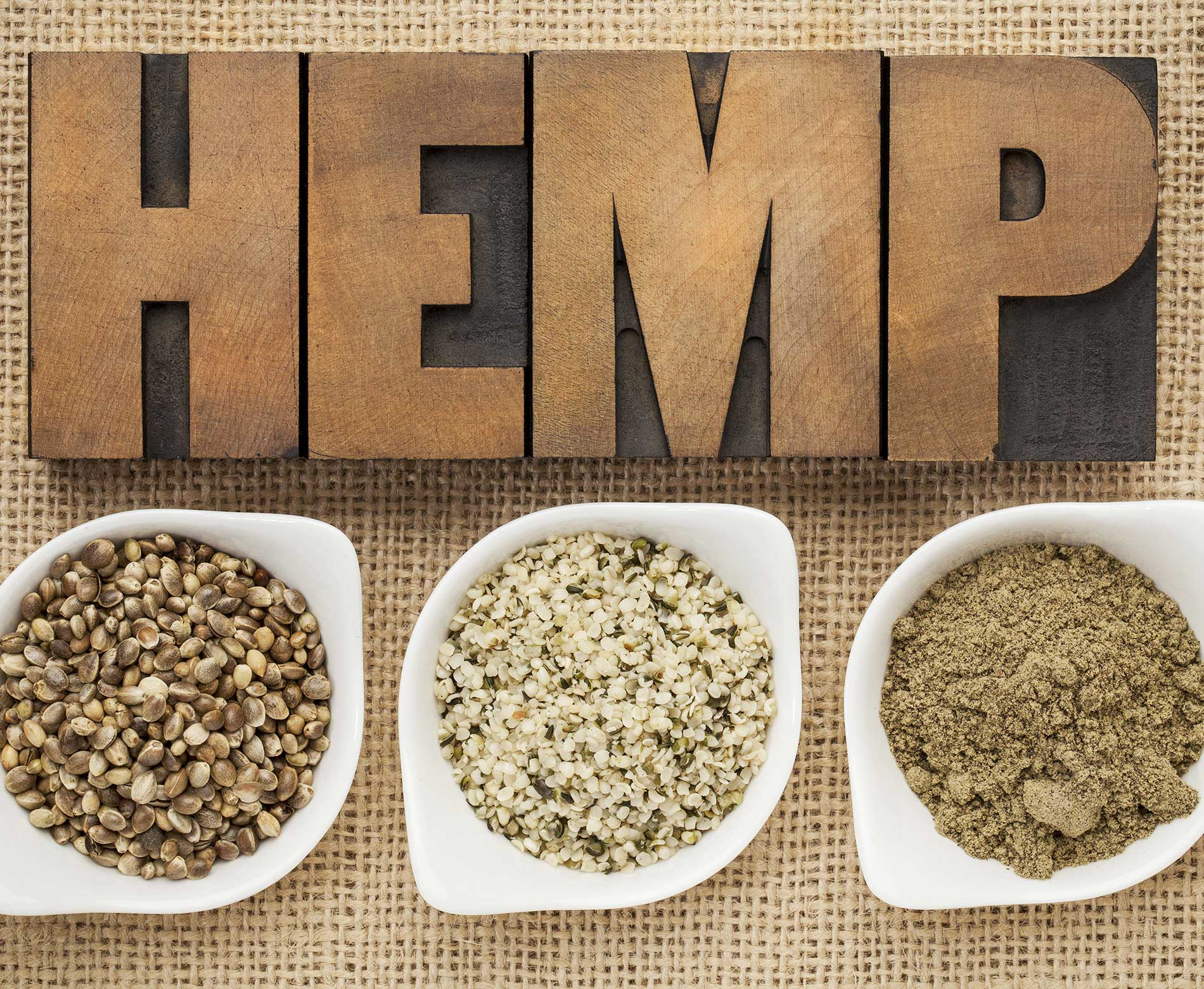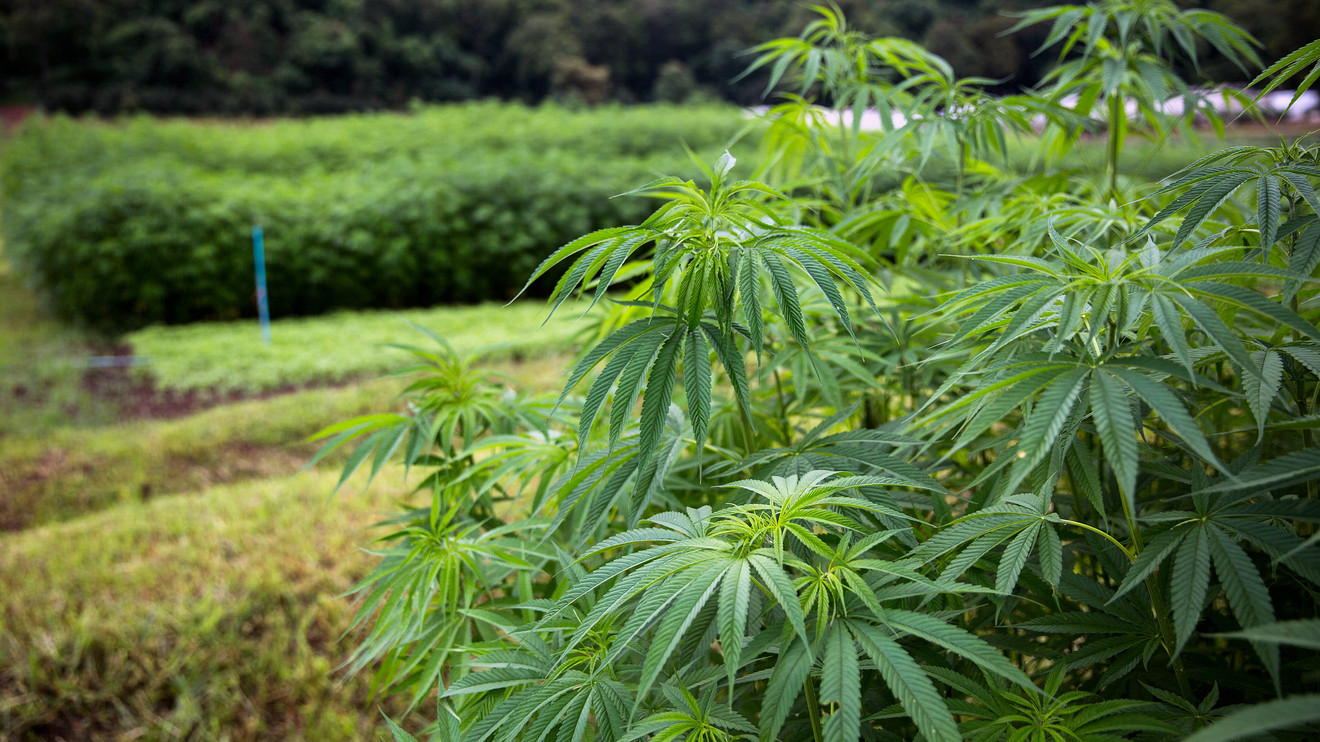
Sustainable Hemp Filaments for 3D Printing
As the world becomes more conscious of the impact of plastic waste on the environment, the search for sustainable and eco-friendly materials in various industries continues. One such industry is 3D printing, where the use of sustainable materials has become increasingly common. Hemp, a plant that has been used for thousands of years, is now emerging as a promising material for 3D printing. This article explores why hemp is gaining traction in the 3D printing industry, the advantages of using hemp filaments, challenges in developing sustainable hemp filaments, and innovations in sustainable hemp filament production.
Why Hemp is a Promising Material for 3D Printing
Hemp is a fast-growing plant that requires minimal water and pesticides to grow, making it a more sustainable and eco-friendly alternative to traditional crops. The plant can yield up to four times more paper than trees, and its fibers are incredibly strong and durable. Hemp fibers have been used in various industries, such as textiles, construction, and automotive, due to their strength and versatility. In 3D printing, hemp filaments can replace traditional filaments made from petroleum and other non-renewable sources.
The Advantages of Using Hemp Filaments for 3D Printing
Hemp filaments offer several advantages compared to traditional filaments. Hemp is a biodegradable and environmentally friendly material, making it an ideal choice for sustainable 3D printing. Hemp filaments are also stronger and more flexible than traditional filaments, making them suitable for printing durable and complex models. Additionally, hemp filaments have a unique texture and color, adding a natural and aesthetic appeal to 3D printed objects.
Challenges in Developing Sustainable Hemp Filaments
Despite the numerous benefits of using hemp filaments, developing sustainable hemp filaments poses several challenges. One of the significant obstacles is the limited availability of hemp fiber. The hemp industry faces regulatory hurdles in many countries, and the production and distribution of hemp fibers can be expensive. Additionally, the manufacturing process of hemp filaments requires specialized equipment and expertise, which can increase production costs.
Innovations in Sustainable Hemp Filament Production
To overcome the challenges of developing sustainable hemp filaments, several innovations are being developed. Researchers are exploring ways to increase the availability of hemp fibers and reduce the cost of production. Some companies are also investing in developing specialized equipment to produce high-quality hemp filaments. Furthermore, collaborations between hemp and 3D printing industries are emerging, which can foster the growth and development of sustainable hemp filaments.
A Future for Sustainable Hemp Filaments in 3D Printing
Sustainable hemp filaments offer a promising future for the 3D printing industry. As the demand for eco-friendly and sustainable materials in various industries increases, the use of hemp filaments in 3D printing can help reduce the environmental impact of non-renewable materials. Although challenges in developing sustainable hemp filaments exist, innovations in production and collaborations between industries can help overcome these barriers. The growing interest in using hemp in 3D printing suggests a bright future for sustainable and eco-friendly 3D printing.













